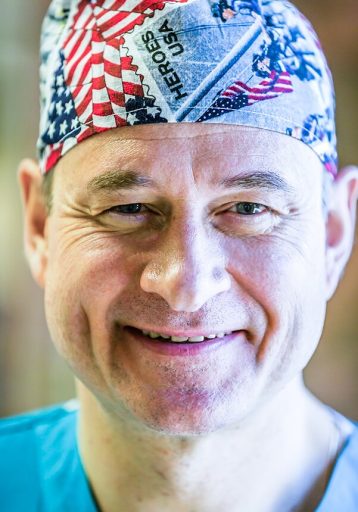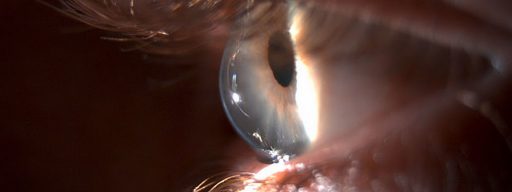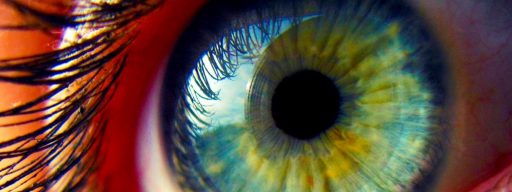The growth of conjunctival tissue containing blood vessels from the inner corner of the eye onto the cornea is called pterygium. The treatment of pterygium is exclusively by surgery, which can either prevent vision deterioration or restore visual acuity.
Pterygium development is associated with several risk factors:
- UV irradiation.
- Excessively high or low temperatures.
- Strong winds.
- Dusty atmosphere.
- Polluted air.
- Contact with certain chemicals.
Conjunctival tissue, which normally forms the “triangle” at the corner of the eye, grows over the cornea. This not only results in a cosmetic defect – when tissue growth reaches the central portion of the cornea, it begins to affect visual acuity. This carries a significant danger for vision and also increases the risk of infection.
Pterygium removal is indicated in the following cases:
- Cosmetic defect caused by pterygium.
- Advanced stage of the disease, when it is causing visual impairment.
- Rapid growth of the pterygium with the threat of involving the corneal centre.
Surgery is also required for eliminating discomfort and dry eye symptoms caused by the disease. In some cases, surgical treatment may not be recommended. In cases of so-called “false pterygium”, surgical intervention may be unsuccessful and can even exaggerate the condition.

You can make an appointment by phone from 8:30 to 19:30 (daily).
Before surgical intervention, other eye diseases should be excluded. Pterygium surgery is contraindicated in the following cases:
- Acute or chronic inflammation of the eye.
- Active herpes infection.
- Allergy to medications (relative contraindication).
Surgery is done under local anaesthesia. The procedure includes the following steps:
- Preparing the patient for surgery.
- Separation of the conjunctival tissue from the underlying cornea.
- Wound closure.
There is no need to stay in the clinic overnight. From the operating room, the patient can return directly home. The patient should have a companion who can drive home. Several types of eye drops are recommended to facilitate a speedy recovery and prevention of disease recurrence. Surgery is an effective way of preventing visual impairment and/or restoring vision loss caused by pterygium.



